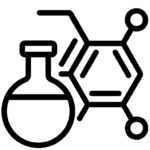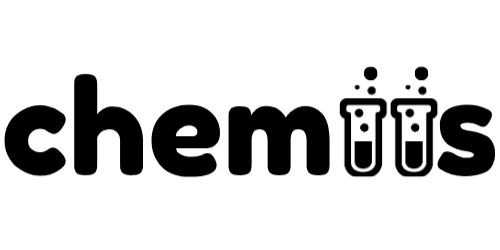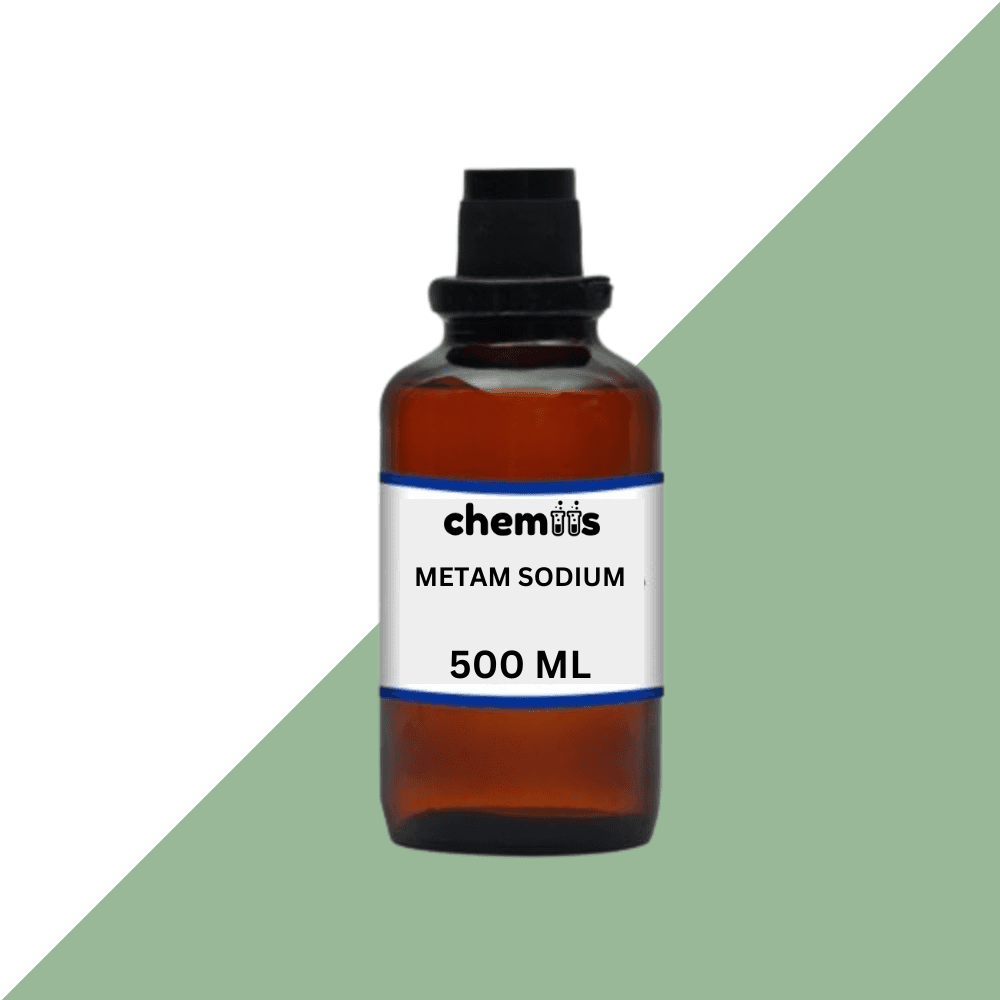Metam Sodium is a versatile and widely used agricultural and industrial chemical known for its effectiveness as a soil fumigant, herbicide, fungicide, and nematicide. It is particularly valued for its ability to control a broad spectrum of soilborne pests and pathogens, improving crop health and yield. Below are its primary applications:
- Soil Fumigation
- Controls soilborne fungi, bacteria, nematodes, and weed seeds before planting crops.
- Improves soil conditions for healthier root development and plant growth.
- Commonly used for high-value crops like potatoes, tomatoes, carrots, and strawberries.
- Herbicide
- Effective in managing weed growth by killing dormant weed seeds in the soil.
- Reduces competition for nutrients, light, and water, ensuring better crop performance.
- Fungicide
- Protects against fungal diseases in the soil, such as Verticillium and Fusarium.
- Helps to prevent root rot and other soilborne plant diseases.
- Nematicide
- Controls harmful nematodes that attack plant roots, improving overall crop health and yield.
- Industrial Applications
- Used in industrial settings for controlling microbial growth in water systems and pipelines.
Safety and Handling Instructions
- Personal Protection:
- Always wear chemical-resistant gloves, protective clothing, safety goggles, and a respirator when handling Metam Sodium.
- Avoid direct contact with skin, eyes, or clothing.
- Storage:
- Store in a cool, dry, and well-ventilated area away from heat, open flames, and incompatible substances (e.g., acids).
- Keep containers tightly closed when not in use.
- First Aid Measures:
- Skin Contact: Immediately wash affected area with soap and water. Remove contaminated clothing.
- Eye Contact: Rinse eyes with plenty of water for at least 15 minutes and seek medical attention.
- Inhalation: Move to fresh air and seek medical help if breathing difficulties occur.
- Ingestion: Do not induce vomiting; seek immediate medical attention.
- Fire and Spill Control:
- Not flammable but decomposes under heat to release toxic gases like methyl isothiocyanate.
- In case of spills, contain the liquid and absorb with inert material. Dispose of according to local environmental regulations.
- Environmental Precautions:
- Toxic to aquatic organisms and should not be allowed to enter waterways.
- Follow all local regulations for application to avoid contamination of non-target areas.


















Reviews
Clear filtersThere are no reviews yet.